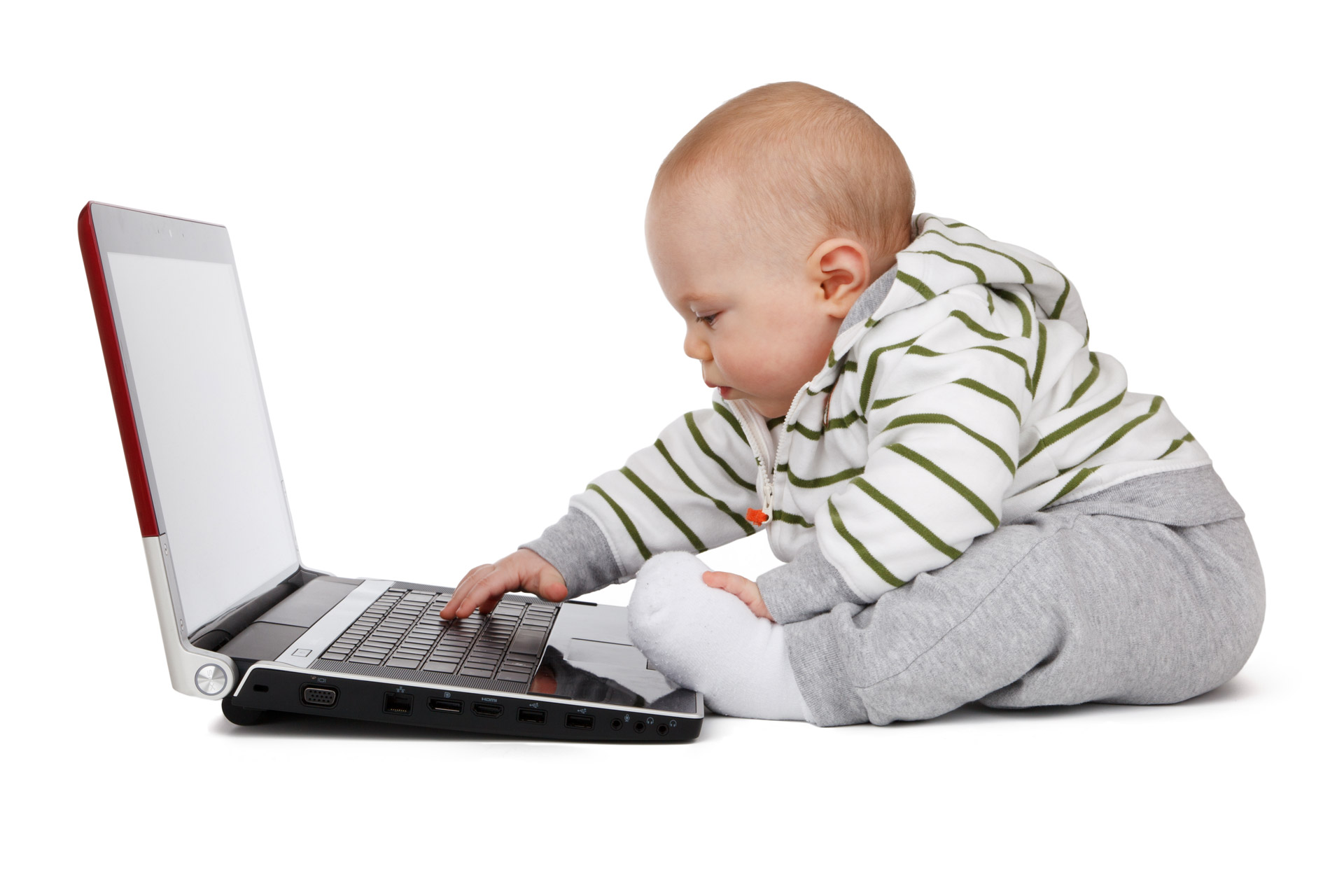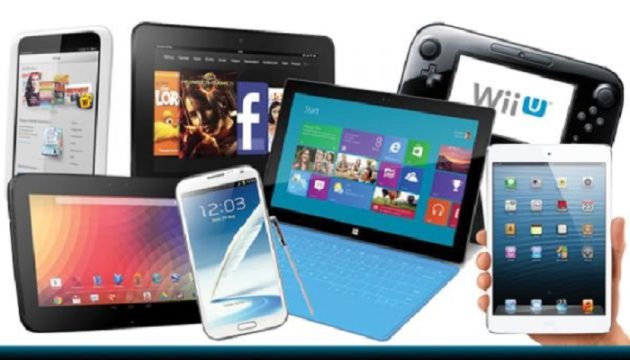Mother’s day just passed by. And Father’s day is coming up. Celebration of these two days is tribute to the fact that parenthood is no piece of cake. Parents are warriors who must venture into unknown territory that starts with diapers, feeding, and sleepless nights and grows into homework, fights, and teen tantrums. Mostly, all parents have is instinct to ensure they do a good job.
However, for a while now, technology has been on the parents’ side with a promise to make things easier. Starting from pregnancy till parents see off their little ones to college, the tech market is bursting with products that claim to ease the challenges of parenting. Baby monitors, rocking machines, swings, white noise devices, swaddlers, feeding breast pumps, formula milk, breast-feeding pillows, and fancy bottles, the list is endless. With the advent of the internet and smart devices, products targeting parents are getting sophisticated.
Tech in Pregnancy
Technology markets latch on to parents even before children have arrived. The wonder of parenthood begins at pregnancy, whether the wonder makes one panic or overjoyed or both, is another story. Fear or precaution, would-be-parents do not want to take any chances with pregnancies. Studies show that pregnancy apps are used most in the 25-29 age group of women.
Startup offers services to help young parents in Mumbai, Bangalore and Dehli
Hence, apps like Get Pregnant and BabyBump, available on Android and iPhone, provide information such as the approximate delivery date, weekly alerts on baby’s size, weight, and development, and bodily changes in the mother’s body. Also, US-based I’m Expecting provides weekly pregnancy guide videos and helps connect expectant mothers with similar due dates. For exercise and nutritional information My Fertile Food and Kegel Camp are often chosen.
At the home front, Intel Corporation and Grameen Trust have collaborated to create Coel, a smart bangle for pregnant women in rural areas, which not only provides health information, but also raises alerts about the presence and level of indoor air pollution (particularly carbon monoxide).
Social Media
While the internet bombards parents of today with too much information, social media can provide a human opinion of another parent, a first-hand genuine experience on the information picked up on the internet. The beauty of social media is that it can reach across entire countries and continents if you want, or you can keep it local. In a survey conducted by the Pew Research Center, 81% of parents using social media try to respond to good news being shared by others in their networks. This includes 45% of social-media-using parents who “strongly agree” that they do so.
Examples of social media platforms helping parents are Gurgaon Moms with over 11,000 members, Mumbai Moms with over 100,000 members, Firstcry’s World of Moms and TinyStep, which has been invested in by Flipkart for about $2 million.
Google of course is the new mid-wife/doctor, whose advice, parents rely on. Social media groups ensure that a parent can reach out to other parents who assure them that they are not alone in whatever they are going through. Technology sometimes can be overwhelming or misleading too, and sometimes, these same social media groups can often blow budding panic situations out of proportion or context.
Child Monitoring
When both parents are working, as the case often is these days, monitoring children is another task technology is helping parents with. CCTV assists a parent to check on either the nanny or checking that toddlers aren’t sticking their hands in the wrong places. Play schools too offer this feature now. Smart home systems like Amazon echo, Samsung SmartThings, Apple HomeKit, and Google Assistant, are likely to enhance monitoring of children at home too.
Smart watches like GPS, GSM and Wi-Fi-enabled FiLIP, the standalone VTech Kidizoom Plus, the soft silicone shelled but rugged AmbyGear Smartwatch, or the video-calling enabled dokiWatch, have taken the market by storm, and many parents are choosing this device for tracking small children.
Raybaby, the Baby Breathing Tracker is Ready for Retail Space
According to an Ofcom report, 39% of parents of 5-15 year olds, who go online, are concerned about the time their child spends online more than they spend it watching TV. It’s true. After the internet became available to children, TV, with its controlled programs and physical distance from the eyes, started looking like much less of a menace.
Now, as children grow up to the school going stage, a fresh modern day challenge that faces parents is not just TV, but tablet and phone time. While the internet constantly warns about the effects of screen viewing, parents once more counter these tech-born problems with technology itself. For example, Muse, an AI-powered app uses machine learning and big data to advise parents on keeping their children creative and curious. Also, apps like Moment, unGlue, and Bosco, help parents track the amount and quality of media content that a child consumes.
What would the future be like for parents of tomorrow? Will every house have an Irona, like Richie Rich, a blockchain-powered humanoid baby sitter. Or will a smart-house itself look after children of the future? Maybe blockchain will assure mothers they are feeding their children the right stuff by ensuring the food is virus free, especially, in airports, and public places. Also, how about technology to track lost things, the class notebook, the lunch box, or the toy that got left under the car seat.












